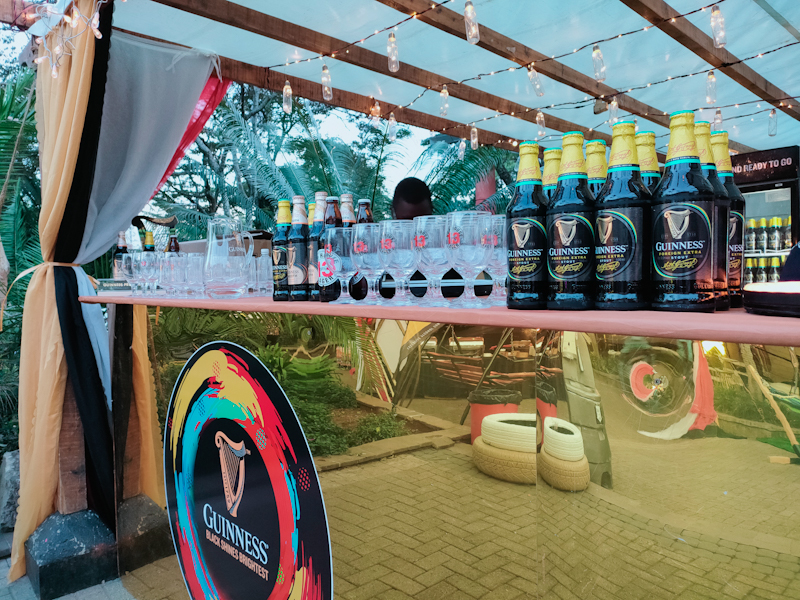Kenyans may soon face unprecedented limits on where and how alcohol is sold and consumed, following the unveiling of the 2025 National Policy for the Prevention, Management & Control of Alcohol, Drugs & Substance Abuse.
The policy, launched by Interior CS Kipchumba Murkomen, proposes a ban on alcohol sales in everyday outlets such as supermarkets, restaurants, online platforms, and residential areas, citing public health risks and rising youth addiction.
“This is not a mere policy document,” said Interior CS Kipchumba Murkomen. “It is a renewed commitment by the Government of Kenya to secure the health, safety, and future of every citizen, particularly our vibrant youth”.
Proposed Points of Sale Ban
According to the National Authority for the Campaign Against Alcohol and Drug Abuse (NACADA), the following modes and places of sale will be prohibited:
- Supermarkets
- Restaurants
- Online platforms and home deliveries
- Vending machines
- Toy shops and outlets selling children’s products
- Residential premises
- Recreational facilities, amusement parks, and public beaches
- Sports grounds, petrol stations, and public transport hubs
- Learning institutions (basic, tertiary, and higher education)
“The following modes and places of sale shall be prohibited,” the policy states, aiming to reduce availability and shield vulnerable populations.
Consumption Restrictions
The policy also bans alcohol consumption in:
- Restaurants and dining areas in clubs and hotels
- Public parks, beaches, and highways
- All learning institutions
Additionally, no person under 21 will be allowed to enter alcohol-selling outlets, even if accompanied.
“The minimum legal age for handling, purchasing, consuming and selling of alcohol shall be 21 years,” the policy affirms.
Packaging, Pricing & Promotion Overhaul
The policy introduces strict controls on alcohol packaging and marketing:
- Minimum package size: 250ml
- Mandatory health warnings in English and Kiswahili
- Ban on discounts, free samples, and volume-based promotions
- Prohibition of celebrity endorsements, including influencers and sports personalities
- Ban on advertising during watershed hours (5:00 am–10:00 pm) and near schools
“There shall be no use of entertainment, sports personalities, media personalities and models, social media influencers, or celebrities in endorsing, promoting and advertising alcoholic drinks,” NACADA states.
Drink-Driving Countermeasures
To curb alcohol-related road incidents, the policy proposes:
- Lower blood alcohol limits for professional and young drivers
- Random breath-testing and sobriety checkpoints
- License suspension for offenders
- Mandatory driver education and treatment programs
Legal & Institutional Reforms
The policy calls for:
- A levy on alcohol manufacturers and importers to fund rehabilitation
- Prohibition of alcohol-related businesses within 300 meters of schools
- Ban on public officers owning alcohol outlets
- Strengthened enforcement by multi-agency teams, including NACADA, NTSA, and county governments
“We must forge a united front… to protect our children, empower our youth, and restore the dignity and potential of those ensnared by addiction,” Murkomen urged.
What’s Next?
While the proposals are not yet law, they will undergo public participation and parliamentary review. NACADA will coordinate implementation through a National Action Plan, supported by ministries, counties, CSOs, and the private sector.
“To maximize impact, NACADA will mobilize and align stakeholders in designing, executing, and monitoring interventions,” said Interior PS Raymond Omollo.




